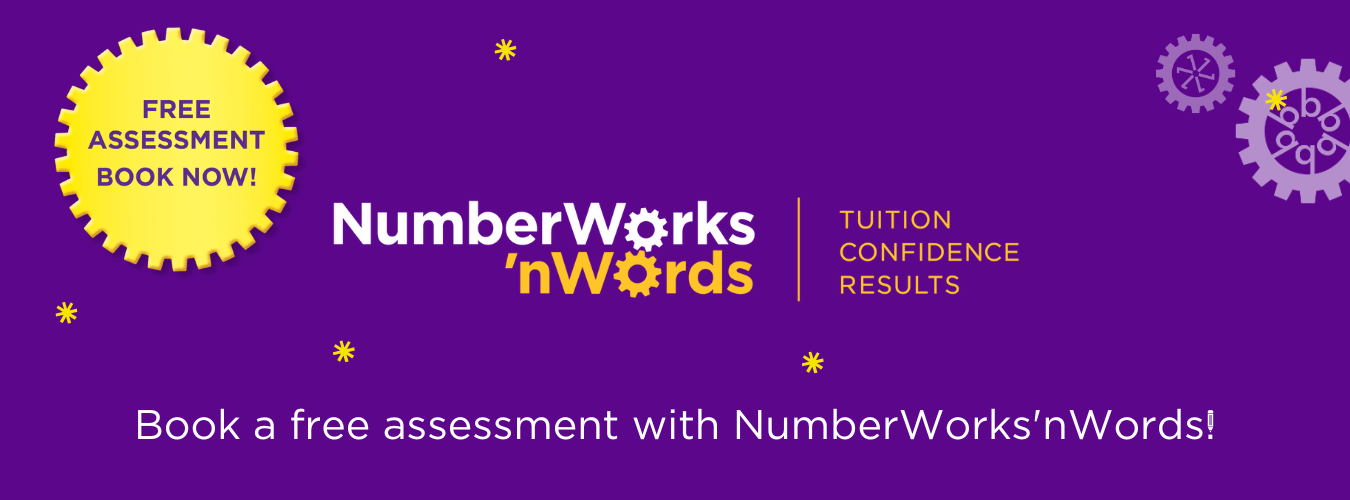In-Demand Careers for Maths Enthusiasts

From an early age, learning maths is crucial for children as it opens up numerous career opportunities. Parents and educators have the responsibility to expose children to the possibilities of maths careers and mathematics degrees and show their children the jobs available to them and equip them with the necessary tools to excel in maths. By doing so, children can gain a deeper understanding of maths concepts and develop essential skills such as critical thinking, problem-solving, and logical reasoning.
In this article, we will explore several career pathways in maths and top jobs for maths students and graduates that will utilise your child's math skills.
Is your child struggling to keep up with schoolwork? Are they falling behind? Are they bored in class? Or are you looking for extension work for your child? Check out our eBook to learn more about how we help your child improve academically and build confidence through our in-centre after-school tuition.
Maths Teacher
The career path to becoming a maths teacher can have a significant impact on children's interests and ambitions in education. To become a maths or statistics teacher, for example, one must earn a Bachelor's degree in mathematics, statistics, or another maths-related field, along with work experience and a teaching certification. Math teachers may work with students in various courses in various settings, such as primary and secondary schools, or universities. Being a math teacher is a fulfilling and rewarding career that allows one to inspire the next generation of mathematicians students and problem solvers. To become a maths or statistics teacher, check out our Steps For Pursuing A Maths Career Guide to gain some expert tips and tricks to help your child reach their full potential.
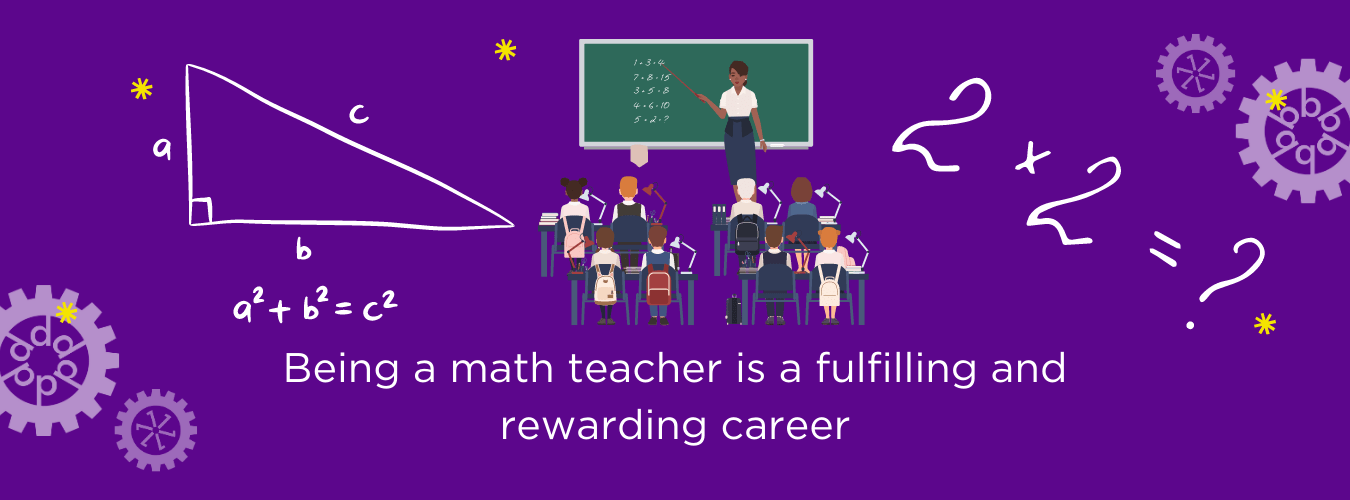
Banking or Finance
Banking and finance is an industry that is heavily reliant on mathematics. A career in banking and finance can include managing loans, studying economic and business trends, finding investment opportunities, leading research projects, advising businesses on financial decisions, creating budgets, auditing reports, evaluating current and historical financial data, and more. Accounting or finance offers a range of options for math enthusiasts as these professions rely on maths to interpret financial facts, collect data, interpret figures, and other processes that require a robust knowledge of math concepts.
The career path to enter the field of financial or risk within a company in the banking, insurance or finance sector, requires students to have completed a degree in business, accounting or a related field. To boost their skills and their chances of securing a job and advancing their career prospects, many graduates opt to pursue postgraduate studies and engage in academic research. Pursuing professional certifications like a Chartered Accountant (CA) or a Chartered Financial Analyst (CFA) can also improve employment opportunities for students and those aspiring to become financial and portfolio managers.
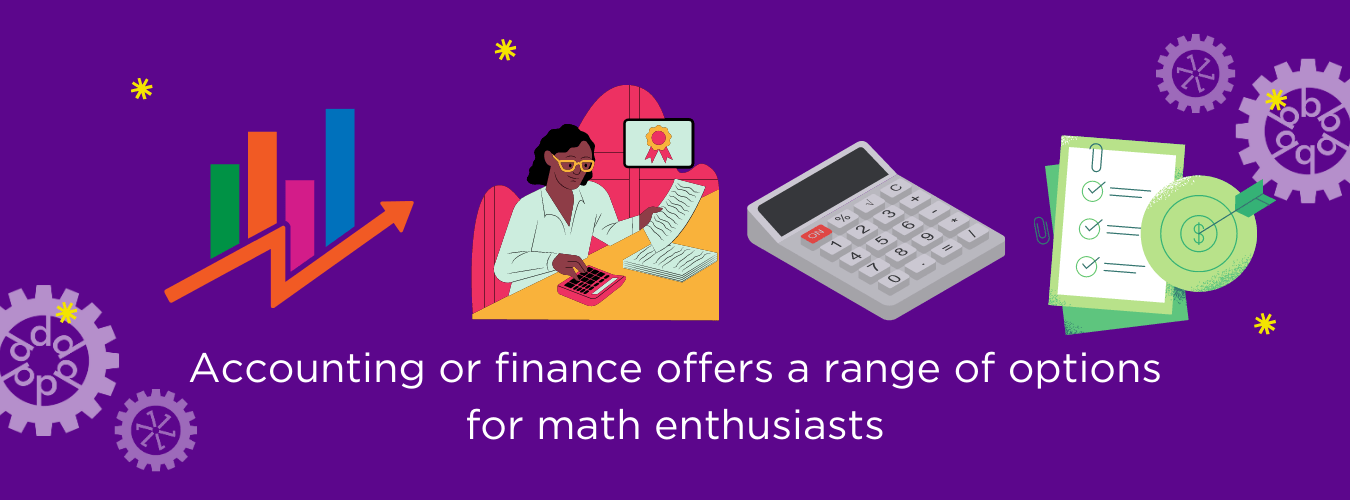
Statistician
A possible career avenue for a maths enthusiast could of course be working as a statistician, a research scientist or a mathematician, specialising in statistics, and quantitative data analysis skills. Statisticians interpret data and make conclusions. These essential analytical skills utilise a solid maths foundation, so it is of course crucial to support children's maths development. To become a statistician or research mathematician, one must take on higher education through a Bachelor's degree in Statistics, Mathematics, or another mathematics-related degree.
Graduates will often take on further study courses, towards a Master's or Doctorate degree in mathematics for more advanced positions, careers or job roles in statistical research projects, statistical tools, operational research tasks, and numerical analysis courses.
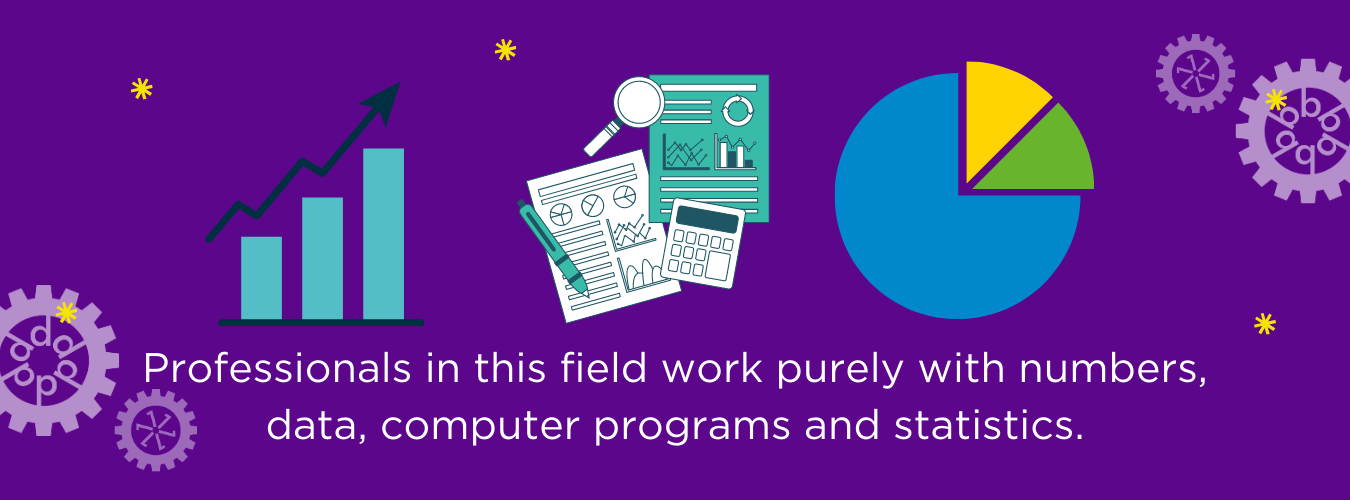
Data Analyst
Data analysts, process and analyse data about a company’s financial records, health and economic efficiency to draw conclusions. They hold the responsibility of making sense of the data they collect to make solutions that help the company or other sectors of business thrive.
Professionals in this field work purely with numbers, data, computer programs and statistics, so if a child expresses love and ability for numbers and math, this may be a great option for those interested in training and teaching them. Data analysis is an ever-evolving field that requires individuals who are willing to learn and adapt to new technologies and teaching techniques.
Software Engineer
If a child is tech-savvy and passionate about studying maths, science, and or technology, careers in mathematics, software engineering or computer programming may be a suitable career choice for them. Software developers are the masterminds behind the computer software programs we use to facilitate our jobs, business and daily lives. A software engineer has the responsibility of designing, developing, testing, and maintaining software programs. Software engineers rely heavily on maths and mathematical skills to create programs that are efficient and effective.
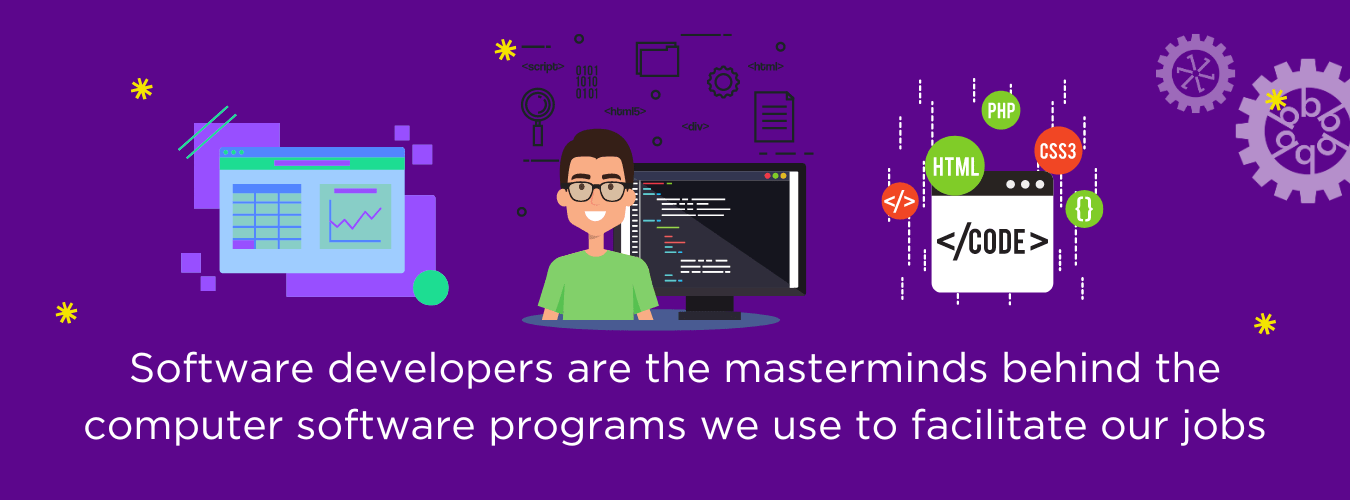
Actuary
Actuaries help businesses and organisations assess and manage risk, using their expertise in analytics, statistics, engineering and data. If your child enjoys working with numbers and has an interest in a career in business, actuary may be a great fit. Actuaries use complex mathematical models to analyse data and make predictions about future events. Actuarial science is a highly specialised field that requires many skills and a strong foundation in maths.
Data Scientist
Data science is a fast-growing field that combines maths, computer science, and statistics to analyse and interpret large sets of data for businesses. Data scientists use a range of mathematical models and algorithms to discover patterns, identify them, make predictions, and inform business decisions.
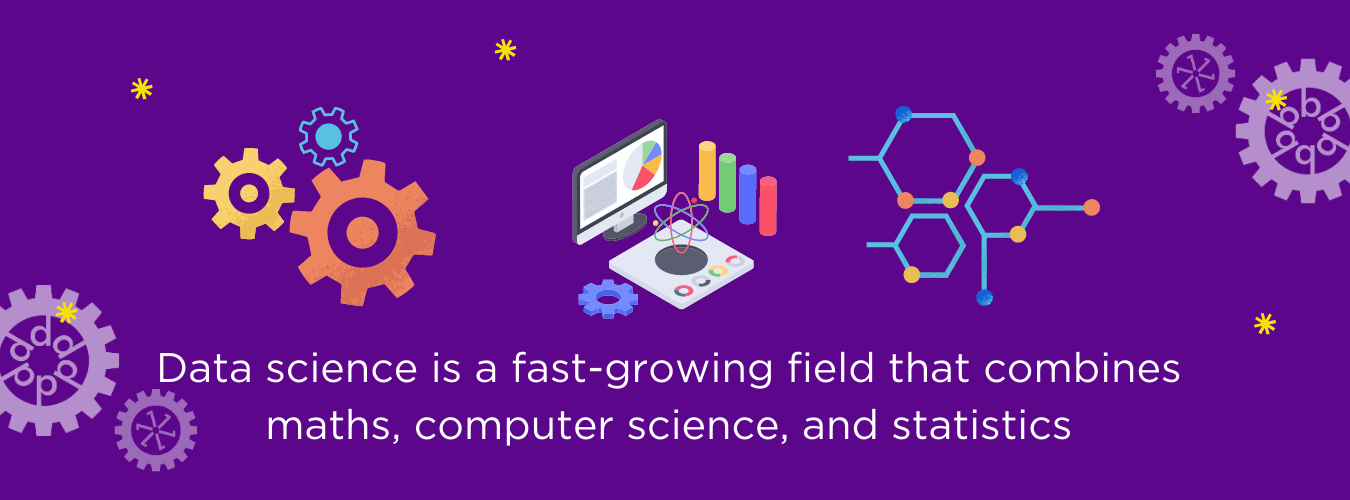
To help your child prepare for and pursue a future in maths, here are some tips:
- Start early: Introduce your child to math concepts from a young age, and make maths a part of everyday life.
- Provide plenty of opportunities to practice: Encourage your child to solve maths problems, play maths games, and participate in competitions to improve their mathematical knowledge from a young age.
- Make it fun: Use creative methods, such as puzzles, games, and real-world examples, to teach maths and keep your child engaged.
- Be supportive: Learning can be challenging, so provide your child with the support and encouragement they need to develop their skills.
Learning mathematics from an early age is crucial for children's future success in the job market and beyond. Parents and educators play a significant role in helping children develop a love and appreciation for maths and providing them with the necessary tools to excel in this subject.
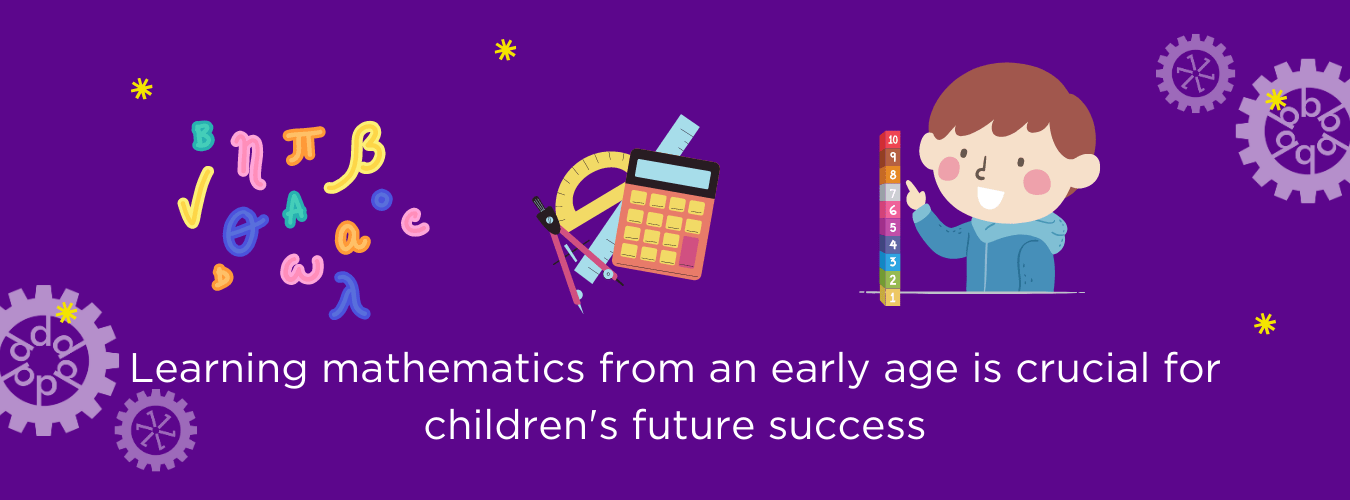
By allowing children to explore various career pathways in mathematics, children can gain a deeper understanding of mathematical concepts and develop essential skills such as critical thinking, problem-solving, and logical reasoning. With a solid foundation in mathematics, children can unlock a world of exciting opportunities for careers in a wide range of industries.
At NumberWorks’nWords, we offer comprehensive math tutoring services to help students build essential maths skills. By supporting your child's passion for maths, you can help them unlock a world of exciting mathematics degrees, careers and employment opportunities. Find your local centre or book a free assessment to learn more about how we can help your child prepare for their future.
